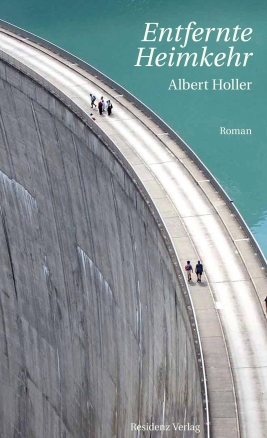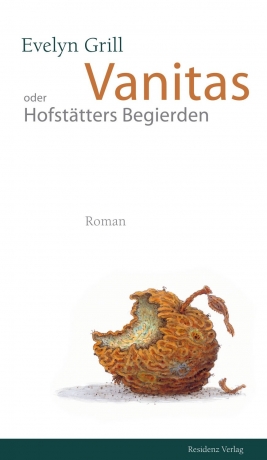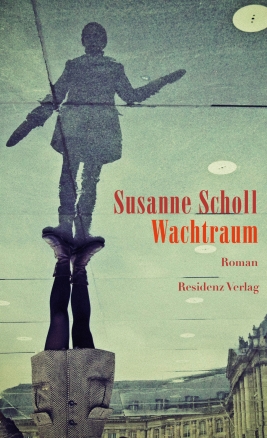
Albert Holler - Distanced Homecoming
How close can you get to someone you barely know – even if he is your own father? A man who is almost the same as everyone else.
Karl H. was neither German, nor Austrian nor Yugoslavian. And yet he was all of three in his lifetime, thanks to historical coincidences. His story begins between the Wars, in the former Crown Land Styria, in the new Kingdom of Yugoslavia, today’s Slovenia. From there, his path led to Kaprun, Trieste, Sarajevo, where after years serving in the army as a interpreter for partisan interrogations he returned to Salzburg. Karl H. was not a Nazi, but he also wasn’t a regime critic. So what was he? A man stumbling through the 20th century. A father who remained a mystery to his son. With immense intensity Albert Holler traces the life of a person he was closely familiar with, yet who always remained a stranger. This novel is an attempt to understand and to come as close to a person as literature can.
Book details
220 pagesformat:125 x 205
ISBN: 9783701715640
Release date: 22.02.2011
License rights
- World rights available







